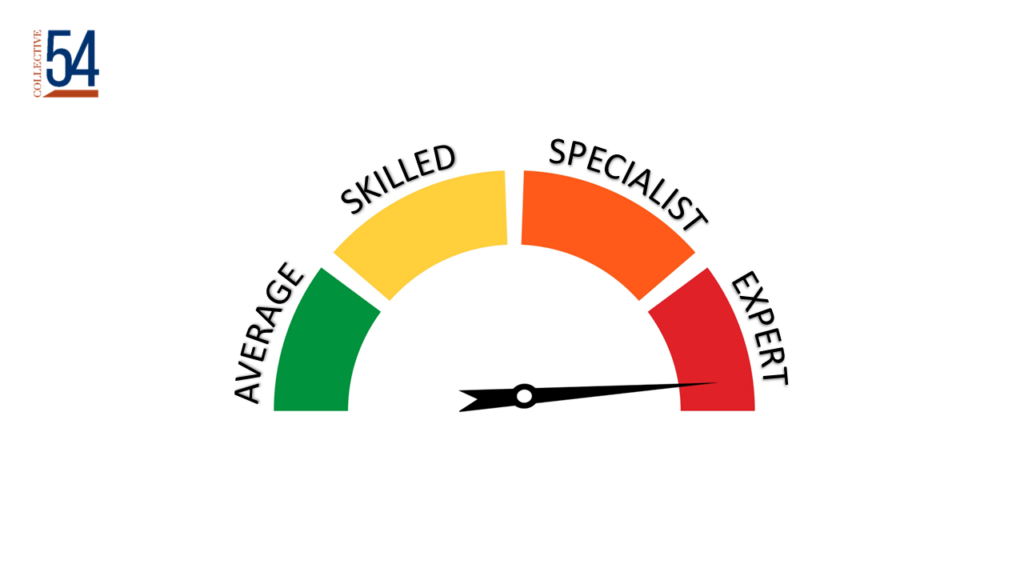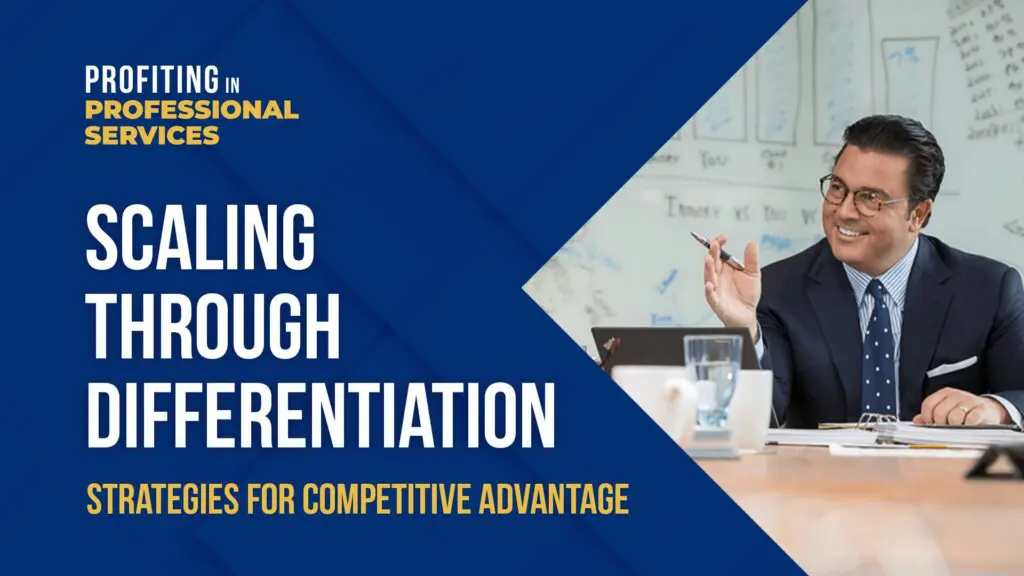Why B2B Selling Needs a Transformation to ‘Trusted Advisor’
By very definition, salespeople sell. But here is the paradox: buyers do not like being sold to. In fact, only 29% of buyers say they prefer to talk to a salesperson when making a purchase. Meanwhile, 62% would rather consult a search engine (HubSpot). That is a striking indictment of traditional sales, and the experience buyers are having with selling organizations.




